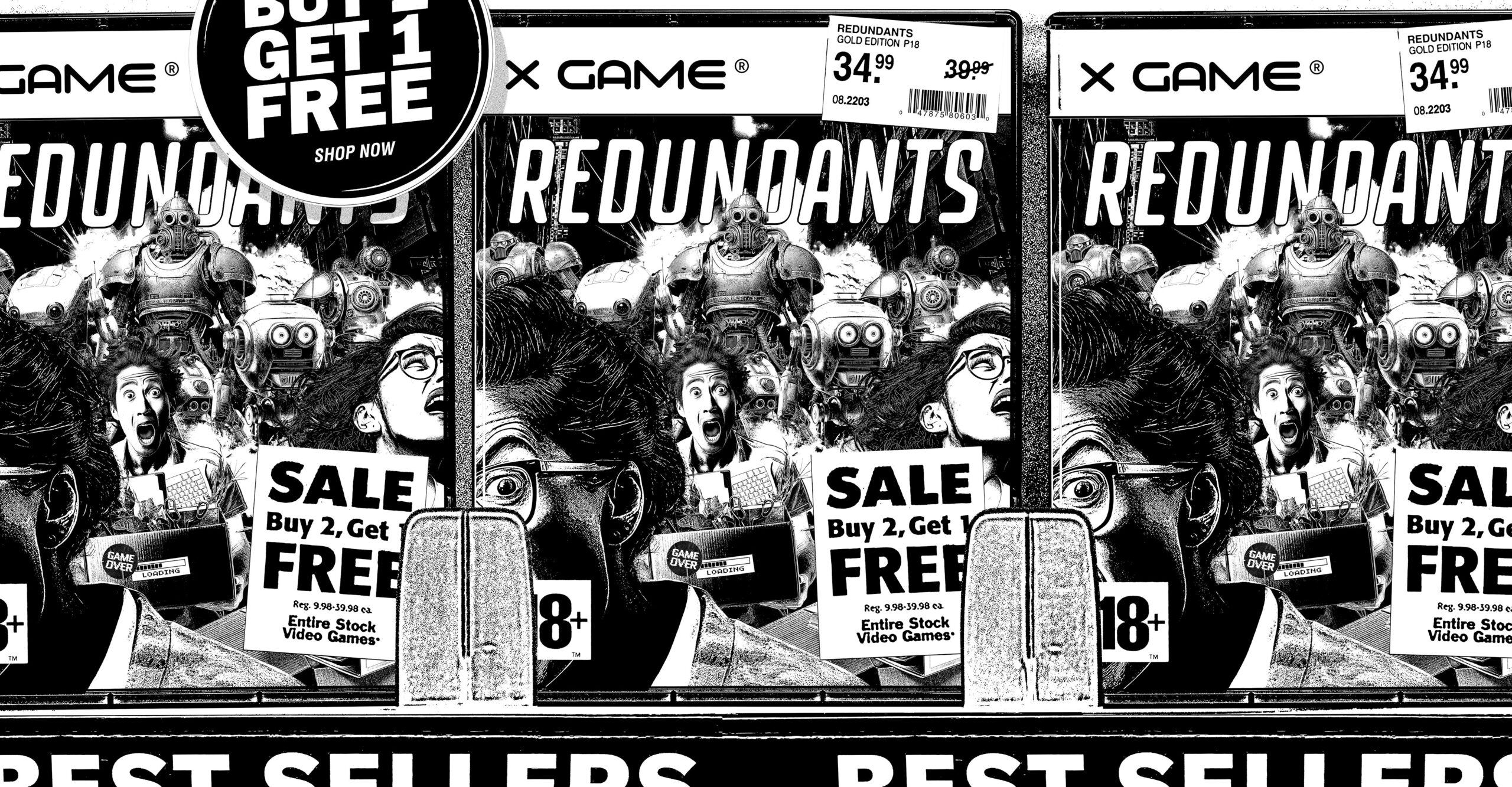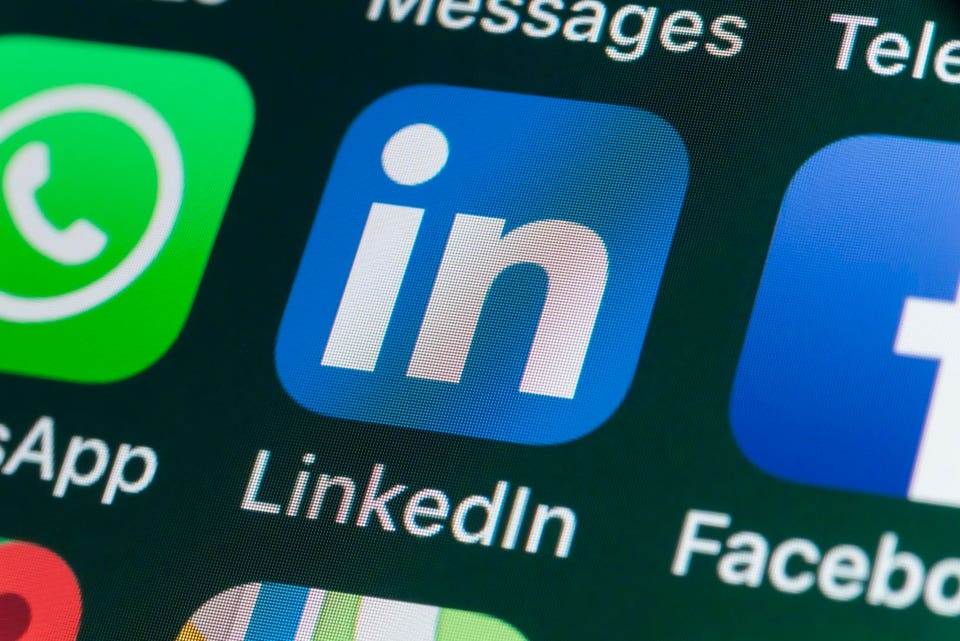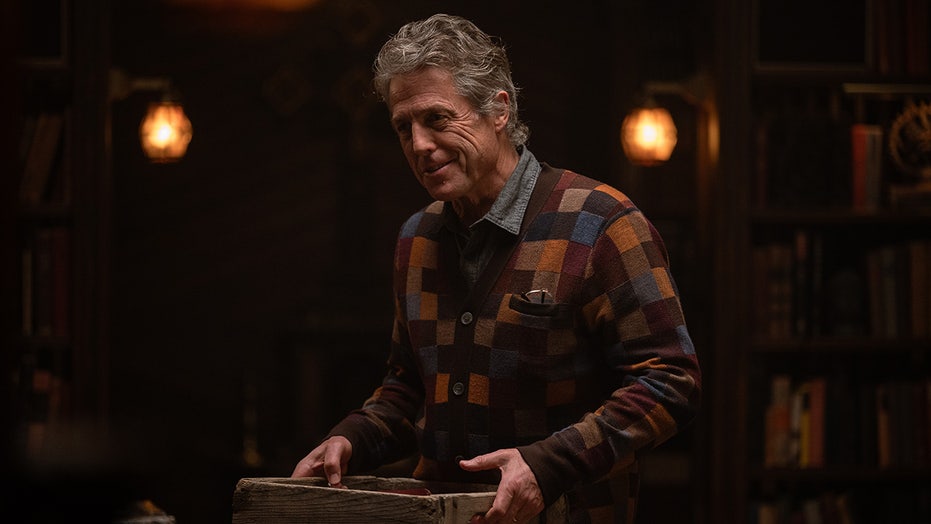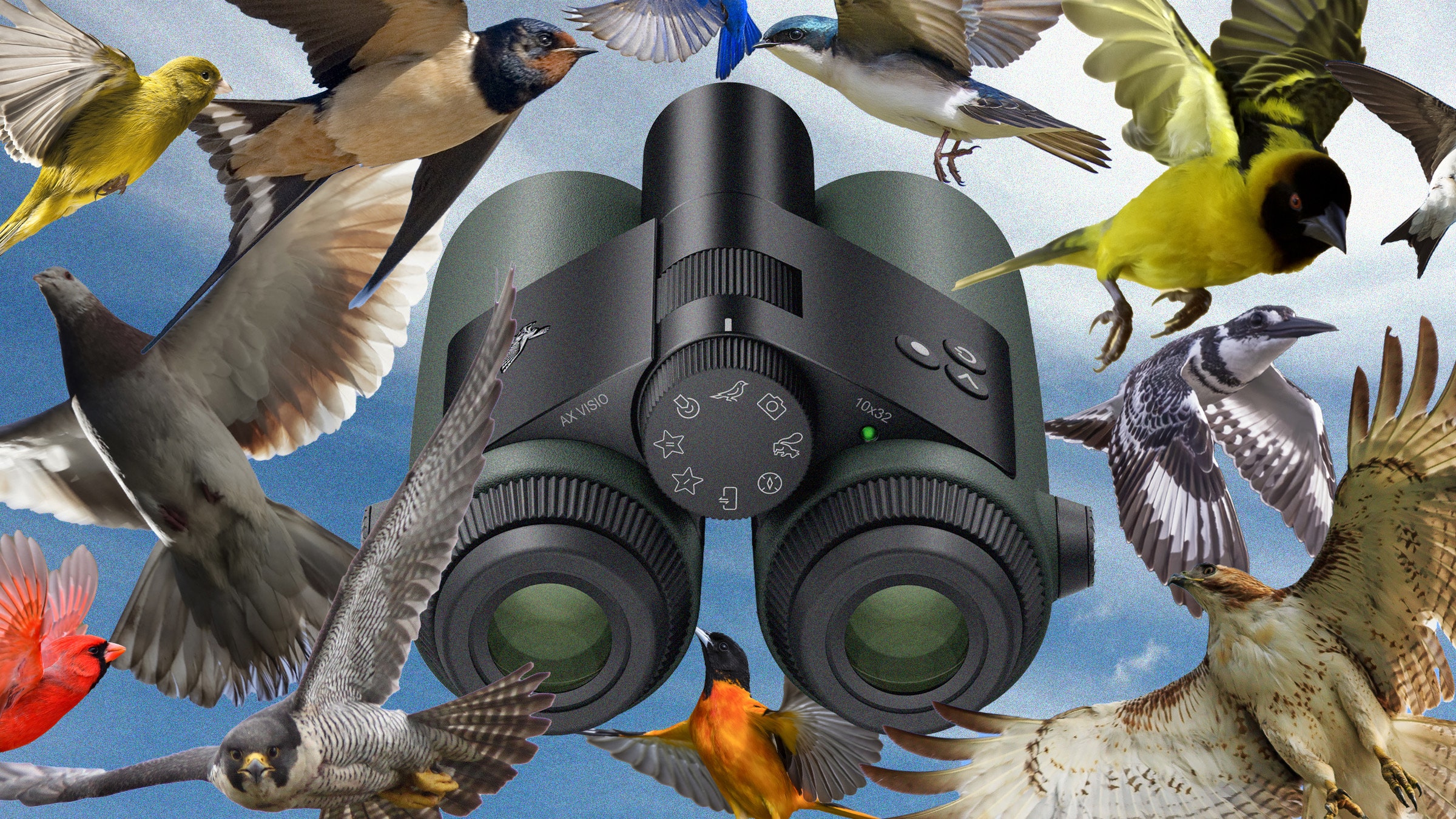When Noah saw the email, a wave of anxiety hit. It was spring 2023, and the Activision artist was reading a message from the company’s then chief technology officer, Michael Vance, about how artificial intelligence was “top of mind” at the video game publisher. Systems were still being tested, Vance wrote, but “what we have seen thus far holds a ton of promise.”
There had been a couple emails like this sent to the employees of the studio, which produces the juggernaut Call of Duty series. A previous one had approved the internal use of generative AI tools Midjourney and Stable Diffusion for producing concept art.
That spring, backchannel chats lit up with rumors, worry, and whisper networks of whose jobs AI might replace. Where executives saw reason for excitement, many game artists, writers, and designers saw a direct threat to their livelihoods. Noah was grief-stricken. (Noah is a pseudonym; the employee has been granted anonymity because he fears retribution.)
“I felt that we were throwing away our humanity,” he says.
Then the jobs started disappearing.
Video games—and the people who make them—are in trouble. An estimated 10,500 people in the industry were laid off in 2023 alone. This year, layoffs in the nearly $200 billion sector have only gotten worse, with studios axing what is believed to be 11,000 more, and counting. Microsoft, home of the Xbox and parent company to several studios, including Activision Blizzard, shuttered Tango Gameworks and Alpha Dog Games in May. All the while, generative AI systems built by OpenAI and its competitors have been seeping into nearly every industry, dismantling whole careers along the way.
But gaming might be the biggest industry AI stands poised to conquer. Its economic might has long since eclipsed Hollywood’s, while its workforce remains mostly nonunion. A recent survey from the organizers of the Game Developers Conference found that 49 percent of the survey’s more than 3,000 respondents said their workplace used AI, and four out of five said they had ethical concerns about its use.
“It’s here. It’s definitely here, right now,” says Violet, a game developer, technical artist, and a veteran of the industry who has worked on AAA games for over a decade. “I think everyone’s seen it get used, and it’s a matter of how and to what degree. The genie is out of the bottle, Pandora’s box is opened.”
Now, previously unreported emails obtained by WIRED, in addition to interviews with artists, developers, designers, and workers across the gaming world—from AAA studios with thousands of employees to indies with just a handful—paint a picture of an already precarious industry getting further squeezed by the rise of AI.
Job automation rarely happens evenly or cleanly. Historically, much of its impact is felt through deskilling, as more tasks are handed over to a machine or program, or attrition, as employees who are laid off, quit, or retire, don’t get replaced or hired back. Generative AI, by all indications, is no different.





